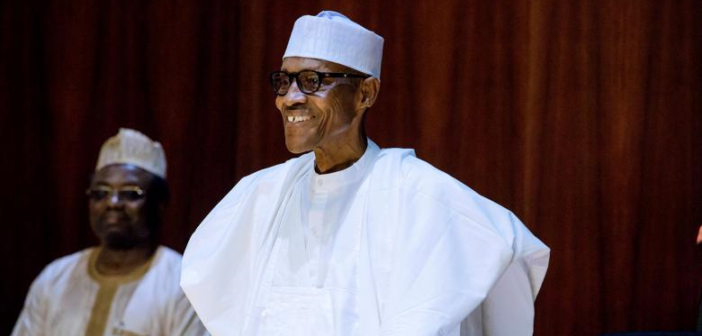President Muhammadu Buhari has reduced his working day to a few hours since he returned from medical leave, slowing down the pace of economic reforms advanced in his absence, diplomats and government sources according to Reuters.
The President is spending between one and four hours a day in his office to conserve his energy levels, three diplomats and presidency sources said, deepening concerns he is too unwell to orchestrate reforms to the recession-hit Nigerian economy.
Buhari has long been criticized by Nigerians for his slow response to low global oil prices, which sent the naira tumbling and the economy into a tailspin.
When he traveled for treatment, his deputy embarked on initial steps to turn around the economy before handing back the reins upon Buhari’s return seven weeks later.
“Things are slowing down, particularly on the economic front, which is a concern,” said one Western diplomat.
One official inside the president’s office said the 74-year-old was due to return to Britain for further treatment in April. The presidency has not revealed the nature of Buhari’s illness.
The two President’s spokesmen declined comment on his medical needs or reduced working hours. A post on the Twitter feed of spokesman Garba Shehu said Buhari had been working from home, even after most civil servants had left their offices.
President Buhari’s health will be in focus this week, when the International Monetary Fund is due to urge swift reforms – a verdict that risks derailing Abuja’s hopes of securing $1.4 billion in international loans.
Business leaders and diplomats have said that during his absence, the presidency acted with an energy rarely seen in the two years since his election. Civil servants said they were working longer hours and handling heftier workloads.
Vice President Yemi Osinbajo also oversaw the release of an economic reform plan required for a World Bank loan to help plug a forecast record deficit this year and finance infrastructure projects.
The coming weeks may help signal how confident creditors are that Nigeria can haul its economy out recession. Finance ministry officials are preparing for further talks with the World Bank over a loan of at least $1 billion, and with the African Development Bank (AfDB) for a $400 million package.
Source: Reuters




